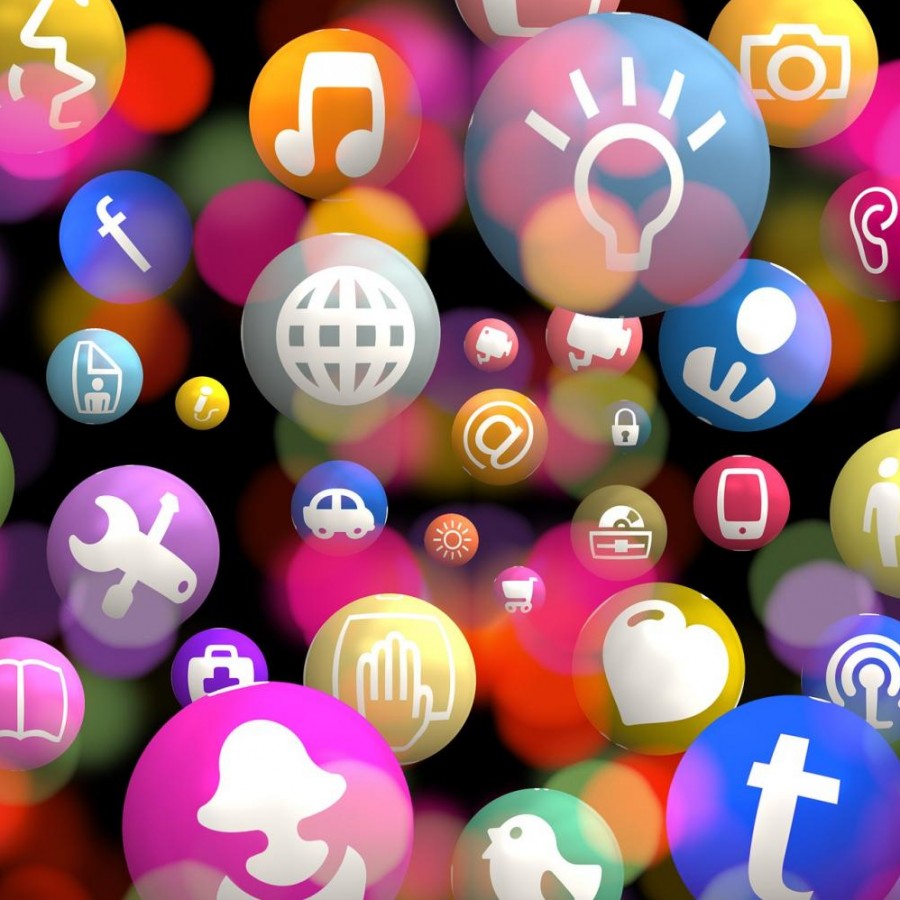In a time of great national anxiety, social media has provided comfort for many, but the time spent on social media can have a negative effect on mental health. Although it does not have to.
The term ‘doomscrolling’ could become a household word thanks to 2020. Described as reading bad news even though it is disheartening, many Americans find themselves doomscrolling more often than ever. There is plenty of bad news to read, from the COVID-19 pandemic to the tragedies of the Black Lives Matter Movement, to fuel the social media feeds.
Social media can be damaging without crises happening everyday and has taken its toll on teens since its inception. “There has been a gigantic increase in depression and anxiety for American teenagers which began right around 2011 and 2013,” says Dr. Jonathan Haidt in the documentary The Social Dilemma. Haidt believes that social media has played a major role in this dramatic increase.
Doomscrolling can have major effects on mental health. It is impossible for a singular person to cope with the 24 hours stream of bad news coming from the media, yet fear of missing that crucial piece of news keeps people scrolling late into the night. This constant consumption of bad news causes mental exhaustion and a cynicism attitude toward the world.
So with the dangers of social media in this year being incredibly clear, below are some tips on how to limit the doomscrolling and constant content interaction to increase happiness.
Use App Limits
Phones nowadays have time limits that can be placed on phones that send a notification when a certain amount of time has been spent on a specific app or the phone in general. It does not have to lock the user out of the app but can provide a reminder to step away for a moment. Just that reminder can be enough to decrease the amount of time spent on the phone by significant amounts.
Turn off Notifications
Notifications are the biggest tool apps use to keep users hooked, even on apps they do not want to view. Turning off notifications can keep someone from being drawn into the cycle even when there is nothing substantial to look at.
Delete Some Apps
The more apps on someone’s phone the more notifications they receive and the more time they spend staring at the screen. Limiting the number of apps a user has can be a big step towards limiting the amount of time spent scrolling.
“I limit myself to having three social media apps on my phone,” senior Ben Curran says of trying to limit the amount of time he spends on his phone. “I try not to get too absorbed into it.”
Unfollow Some People and Add Some New Ones
Most people are following more users than they really care to see. The more users they are following, the more content there is to scroll through. Unfollow users that do not matter, especially if they provide negative reactions. Add some positivity to the feed, following self help accounts or wholesome meme pages. No need to see the world ending on Twitter everyday.
Overall, one’s mental health is more important than their timeline. Taking a break from scrolling or making it a more positive experience can be the key to being happier and more content in these difficult times.









